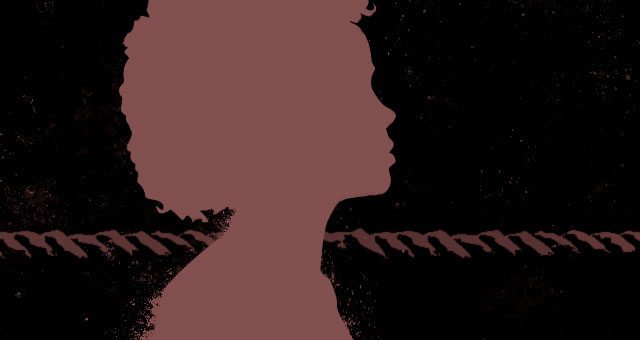
An attorney for a Black girl in Texas who came home from a school field trip in April with deep rope burns etched in her neck called the incident an attempted lynching. “I don’t think this happens a lot of places other than Waco, Texas,” said the attorney, Levi McCathren.
He couldn’t be more wrong. It happened to me.
McCathern’s well-meaning statement suggests this is an isolated and unusual incident, but unfortunately this is far from true. Common historical narratives imagine lynching as a crime leveled primarily at Black men, viewed as threatening in ways their female counterparts weren’t. But hundreds of Black women and girls have been lynched in this country.
The attempted/mock lynching in April of a Black girl only identified as K.P. stands to teach us an intolerable lesson about the dangers of being young, Black and gifted in the contemporary US. The girl’s mom, Sandy Rougely, has filed a $3 million lawsuit after her daughter — one of four Black students at elite Live Oak School — returned from a ranch field trip with clear, deep injuries on her neck after white, male classmates put a rope around her neck, kicked her to the ground and dragged her.
Known lynchings of Black girls include those of 16-year-old Alma Howze in Shubuta, Mississippi, in 1917; 17-year-old Marie Scott in Muskeegee, Oklahoma, in 1914; 14-year-old Jane Doe Hastings in Jonesville, Louisiana, in 1892; 15-year-old Ella in Rayville, Louisiana, in 1892; and 15-year-old Julia Brandt, in Charleston, South Carolina, in 1880.
Believe us when we break our silence and tell you it’s not only young Black men who can’t breathe in the US.
Because many lynchings, both attempted and accomplished, went unrecorded, and because ages of the vast majority of more than 200 lynched Black females were never documented, many similar crimes undoubtedly occurred. Tellingly, the allegations behind their lynchings were also routinely unrecorded. However, we surmise that many of these girls — like Marie Scott, lynched after defending herself against white male rapists — were targets for violence because they were in some way precocious, in some way as threatening to the racial order as any adult Black male.
Even in the 21st century, McCathern’s assumption proves sadly untrue. I survived a similar incident in Cypress, Texas, only a few years ago when I was an honor student in the predominantly white Cy-Fair High School, just outside Houston.
I was a junior and a consummate band nerd who played clarinet through the entirety of middle and high school, braving the fact I was often one of the only Black band members. While rehearsing for a marching show with other clarinet players, one of the girls grabbed my lanyard from behind and pulled as if attempting to choke me. When I turned in shock, the aggressor let go.
After attempting to laugh the incident off, I was bending to tie my shoe when the girl took her own lanyard, held it above her head, and brought the cord down on my back as if it were a whip. The cord stung my back and neck without leaving visible marks, but the incident left me feeling powerless, angry and dehumanized.
I chose not to tell anyone what happened, wary of the power of the aggressor’s wealthy family, and worried band teachers and administrators would brush off the attack. The experience of the Waco student suggests this may very well have been the case if she’d spoken up, as administrators at Live Oak initially dismissed the rope-dragging as children’s play. That both of us are outstanding Black students, used to outshining privileged white peers, is no coincidence. Like Marie Scott before us, we were viewed as threats to white privilege and attacked as such.
For anyone who doubts the difficulty of being young, Black, gifted and a girl in the 21st century, read these stories and ask for more. Read the stories of Black girls before them who survived ropes around their necks, and the stories of those who did not. Believe us when we break our silence and tell you it’s not only young Black men who can’t breathe in the US.
Matching Opportunity Extended: Please support Truthout today!
Our end-of-year fundraiser is over, but our donation matching opportunity has been extended! Today, all donations to Truthout will be matched dollar for dollar. Your one-time gift today will be matched immediately. As well, your monthly donation will be matched for the whole first year, doubling your impact.
This matching gift comes at a critical time. Trump has made it no secret that he is planning a demolition-style attack on both specific communities and democracy as a whole, beginning on his first day in office.
Help us prepare for Trump’s Day One, and have your donation matched today!